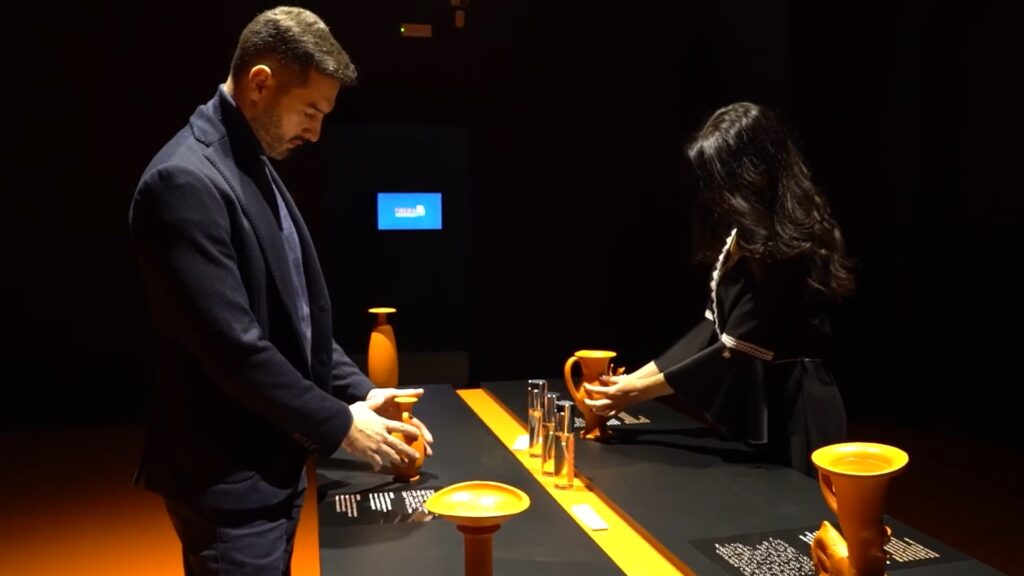
From 3 to 5 November, ETT will participate in CHNT – Conference on Cultural Heritage and New Technologies in Vienna, the international event dedicated to dialogue between digital innovation and cultural heritage enhancement. Every year, the conference brings together experts, researchers and professionals in the field to share experiences and projects that explore the potential of emerging technologies — from virtual reality to artificial intelligence — in the protection, documentation and enjoyment of cultural heritage.
ETT will be represented by a colleague who will present two contributions dedicated to the theme of accessibility and inclusion in digital culture, with a focus on museum and immersive experiences that put the individual at the centre.
The first paper, “Tiresias, the Myth in Your Hands and The Rizzon Collection: Inclusive and Multisensory Strategies for Archaeological Accessibility in Matera” and “The Rizzon Collection” in Matera,’ explores how multisensory and inclusive strategies can support every stage of the Accessibility Chain, from the moment a visitor decides to attend an exhibition to their engagement after the visit. The experience of the Domenico Ridola National Archaeological Museum in Matera shows how accessibility can become an integral part of the museum project, thanks to tactile replicas, olfactory tables, Braille descriptions, LIS content and mobile applications that extend the visit beyond the physical space.
The second contribution, ‘Victory and Memory: Enhancing Accessibility and Historical Understanding of the Monument to Victory in Bolzano through Virtual Reality,’ presents the digital intervention carried out inside the Monument to Victory in Bolzano. Thanks to virtual reality, the monument — originally created as a symbol of fascism — is reinterpreted as a space for critical reflection and shared memory, accessible to all. The immersive experience allows visitors to explore the architecture, iconography and historical layers of the site, transforming a controversial legacy into an educational and participatory journey.
Both projects reflect ETT’s vision in the field of digital transformation for culture: technology as a lever to broaden access, stimulate new forms of participation and promote open dialogue between the past and the future.
